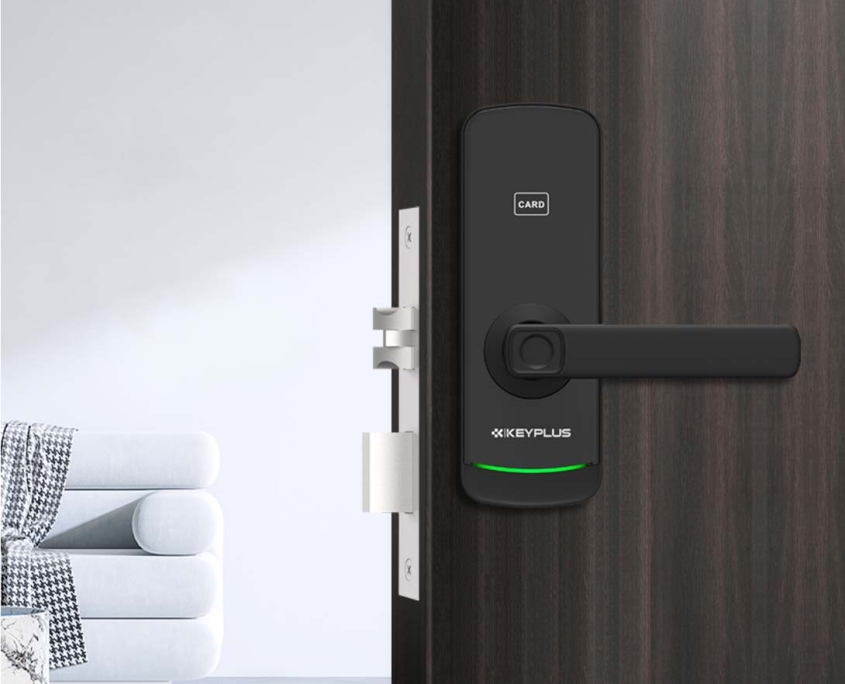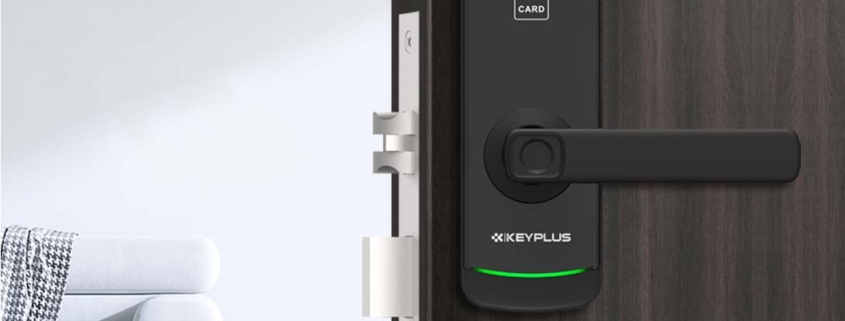What is the difference between a normal lock and a digital lock?
For centuries, the humble normal lock (also called a mechanical or traditional lock) has been the standard for securing homes. But in today’s tech-driven world, digital locks (also known as electronic or smart locks) are rapidly gaining popularity.
If you’re wondering whether to stick with a classic key lock or upgrade to a keyless digital system, this guide will break down the key differences, pros and cons, and help you decide which is best for your needs.
1. How They Work: Mechanical vs. Electronic
Normal Locks (Mechanical Locks)
These are the locks we’ve all grown up with:
-
Operate using physical keys and metal tumblers
-
Common types: deadbolts, knob locks, padlocks
-
No batteries or electricity required
How they function:
-
Insert key → turns internal pins
-
Pins align → bolt moves → door unlocks
-
Entirely mechanical process
Digital Locks (Electronic/Smart Locks)
These represent the new generation of security:
-
Use electronic access methods instead of physical keys
-
Common entry options:
-
PIN codes (number pads)
-
Fingerprint scanning (biometric)
-
Smartphone control (via Bluetooth/Wi-Fi)
-
RFID cards/key fobs
-
Voice commands (with Alexa/Google Assistant)
-
How they function:
-
User enters code/scans fingerprint/sends app command
-
Electronic signal activates motor
-
Motor retracts bolt → door unlocks
-
Most require batteries (typically AA or AAA)
2. Key Differences at a Glance
| Feature | Normal Lock | Digital Lock |
|---|---|---|
| Security | Vulnerable to picking/bumping | More pick-resistant; some have alarms |
| Convenience | Requires carrying keys | Keyless entry options |
| Access Control | Must make physical key copies | Create temporary codes, track entries |
| Installation | Simple, no wiring | May need power source |
| Power | None needed | Batteries or wiring required |
| Durability | 20+ years with care | 5-10 year lifespan |
| Weather Resistance | Works in all conditions | Some models struggle in extreme temps |
| Cost | 20−150 | 100−500+ |
3. Pros and Cons: Normal Locks
Advantages
Never runs out of power – Works during blackouts
Proven reliability – Simple mechanism lasts decades
Lower cost – Much cheaper upfront
Universal compatibility – Fits nearly any door
Disadvantages
Lost keys are a headache – Requires rekeying
No remote access – Can’t let guests in remotely
Easier to pick – Skilled thieves can bypass
No user tracking – Can’t monitor who enters
4. Pros and Cons: Digital Locks
Advantages
Keyless convenience – No more lost keys
Remote access – Unlock from anywhere via phone
Temporary access – Create codes for guests/workers
Activity logs – See who entered and when
Advanced security – Some have auto-lock, tamper alerts
Disadvantages
Battery dependence – Can get locked out if batteries die
Higher cost – Quality models start around $200
Shorter lifespan – Electronics wear out faster
Potential hacking risk – Some smart locks can be vulnerable

5. Security Showdown: Which Is Safer?
Normal Lock Vulnerabilities
-
Picking – Can be opened in seconds by experts
-
Bumping – Special keys can manipulate pins
-
Drilling – Cheap locks can be drilled open
-
Key copying – Anyone with your key can duplicate it
Digital Lock Security Features
-
No physical picking – Nothing to pick on keyless models
-
Tamper alarms – Alerts if someone tries to force entry
-
Encryption – High-end models use military-grade security
-
Auto-locking – Never worry about forgetting to lock up
Winner? A high-quality digital lock is generally more secure, but cheap smart locks may have vulnerabilities. For maximum security, many experts recommend using both types together.
6. Best Uses for Each Lock Type
When to Choose a Normal Lock
-
You want simple, reliable security
-
You live where power outages are common
-
You prefer low-maintenance solutions
-
You need an affordable option
When to Choose a Digital Lock
-
You hate carrying keys
-
You want to grant temporary access (cleaners, dog walkers)
-
You manage a rental property or Airbnb
-
You love smart home technology
7. Hybrid Options: Getting the Best of Both
Can’t decide? Consider hybrid locks that combine:
-
Digital keypad/fingerprint scanner for keyless entry
-
Physical keyhole as emergency backup
8. Making Your Decision: Key Considerations
Choose a Normal Lock If…
-
Budget is your main concern
-
You want something that “just works”
-
You don’t need smart features
Choose a Digital Lock If…
-
Convenience is a priority
-
You want advanced security features
-
You’re comfortable with technology
9. Expert Tip: Layered Security
For ultimate protection, many security professionals recommend:
-
Digital smart lock for everyday use
-
High-security deadbolt as backup
-
Security camera to monitor entries
This combination gives you convenience + fail-safe protection.
Conclusion: Which Lock Wins?
While normal locks offer simplicity and reliability, digital locks provide modern convenience and enhanced security features. Your best choice depends on:
-
Your budget
-
How tech-savvy you are
-
Your specific security needs
For most homeowners today, the ideal solution is often a quality digital lock with a mechanical backup – giving you the best of both worlds.



